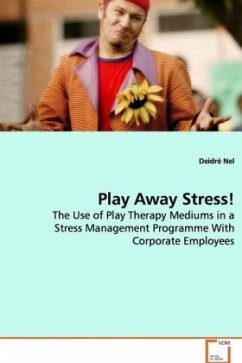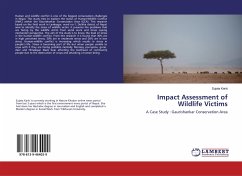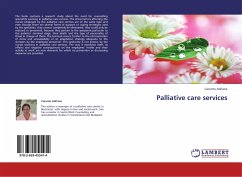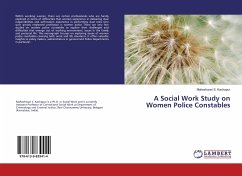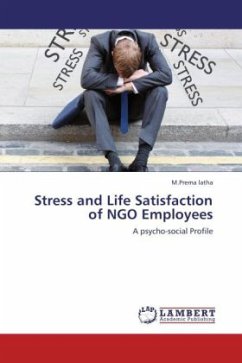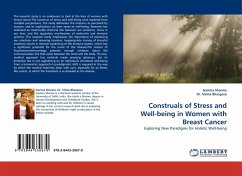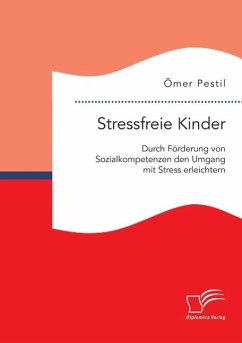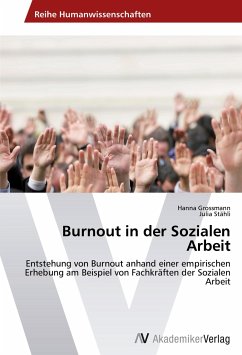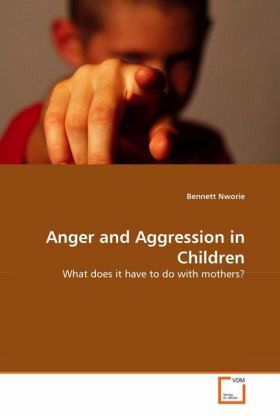
Anger and Aggression in Children
What does it have to do with mothers?
Versandkostenfrei!
Versandfertig in 6-10 Tagen
45,99 €
inkl. MwSt.

PAYBACK Punkte
23 °P sammeln!
Over the last twenty years, there has been an alarming increase in the number and intensity of anger and aggression related problems seen among school aged children and youth both in the United States and around the world. A lot of efforts and resources have been directed towards finding solutions for these problems. One place that experts do not often think to look in their search for a solution is in the possible connection between the anger the children express and the fears that their mothers experience. This book reveals the connection between maternal anxiety and the anger experience and...
Over the last twenty years, there has been an alarming increase in the number and intensity of anger and aggression related problems seen among school aged children and youth both in the United States and around the world. A lot of efforts and resources have been directed towards finding solutions for these problems. One place that experts do not often think to look in their search for a solution is in the possible connection between the anger the children express and the fears that their mothers experience. This book reveals the connection between maternal anxiety and the anger experience and expression of children. It highlights the finding that externalizing behaviors in children tend to predict anxiety in parents, especially mothers. The beginning of the book utilizes a case study and an in-depth literature review to draw attention to the existence of this mother-child connection, and to examine the etiology and anatomy of childhood anger. In this part of the book there are also simple, but clear definitions of some of the key terms commonly encountered in mental health, school psychology and special education. The middle of the book contains information on the solid research methods and tools employed as well as the results of the research which show the following: that more male than female children are likely to show anger and aggression problems; that weak bonding is likely to exist between children exhibiting anger problems and their mothers; and that the mothers whose children manifest anger and aggressive behavior are very likely to show significant anxiety and depression. These findings should help shed some light on this interesting connection between children at risk for behavior problems and their mothers, and should be especially useful to professionals in education, counseling, psychology, criminal justice and social work fields, or anyone else who may be considering contributing to ways to minimize the problems of youth violence.



